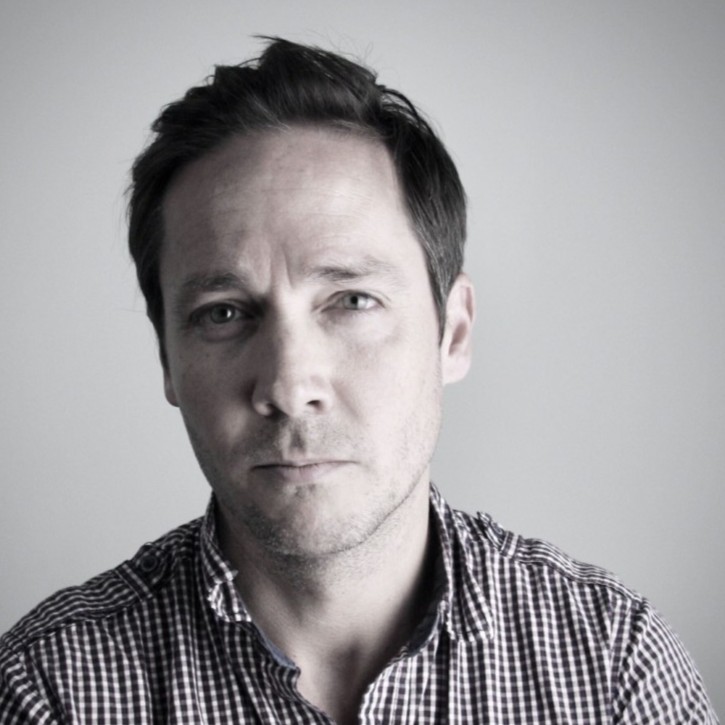Shorter after the last Boardroom meeting, which explored the essential ingredients to Thrive In Uncertainty, we caught up with Roderick Crawford, SAS’s UK&I Country Manager. We asked him the same questions we’d asked all the contributors to the report, which you can download if you haven’t received it already. In the interview below we captured his take on the subject. It’s about a 3-4 minute read.
Q1: The definition of thrive is to prosper, flourish. In what way(s) has SAS flourished during the pandemic?
One of the things that sets SAS apart is we have an owner, Jim Goodnight, who is very benevolent. When the pandemic struck, one thing he did was make a commitment to the workforce and this was enormously re-assuring. It made it easier to focus on clients and in this respect, we were able to support those who were feeling the pressure of the pandemic. Charities had their payments cancelled. Companies in distress had their payments restructured. And projects focused on resolving the COVID-19 challenge were given our software for free. These actions demonstrated we are an empathetic organisation and we have thrived as a result. We took care of our people and our clients during a very difficult period and we’re being paid back for that integrity. Anybody person or organisation who does this will ultimately thrive in uncertainty.
Q2: What have you learned from the pandemic that will make you better placed to handle future disruptions?
Today we live in a constant state of crisis. I was in Africa during the Ebola outbreak and saw this crisis first-hand. On returning to the UK there was growing unrest globally – climate change, Brexit and then the pandemic. We live in a large, complex world and we’re becoming very experienced at surviving these shocks. It comes down to culture. Do you have the culture to adapt and respond to crisis? Resilience is being driven into every organisation and into us as individuals as well. However, as a country, and for many organisations, we simply were not set up for the crisis. We all need to look at crisis management and be better prepared for the next time we see a major disruption.
Q3: On the subject of thriving in uncertainty, a lot of executives are highlighting the importance of moving at the speed of the customer. Do you agree?
You need to understand your clients to a deep level. You have to be experts in your clients. At least as expert as they are about themselves. But we can’t do this alone – we need our ecosystem of systems integrators, thought leaders and experts. This allows you to anticipate their future requirements and become a trusted advisor. During the pandemic we saw decision patterns change within organisations. This varied by sector. For example, looking at the NHS, more junior people were empowered to make decisions. In the private sector, the opposite was true. Decisions on purchases moved up the organisation, not downwards. However, the speed of decision making increased dramatically. Faster, smaller decisions meant organisations were able to be much more agile, and this is a quality almost every senior leader wants to maintain and continue to instil in their workforce. Technology has an important role in supporting this goal, giving people the knowledge to make good decisions at speed.
Q4: The idea of a long-term strategy, a 36-month plan (even a 12-month plan) has disappeared. What are the key characteristics that identify those who Thrive in Uncertainty, be that company, people, leader?
Corporations have been driven for years around long-term planning; 3, 4, 5 years. But now, while the direction is set, the more dynamic firms who update their strategy on the fly, will be the ones who thrive. Culture is also essential. You need a culture of collaboration. Highly siloed businesses will continue to struggle. Another area is a good ecosystem. No company can do everything, so having experts in your ecosystem and playing to your own strengths is also crucial. We also saw that those companies with the best, integrated supply chain have thrived. And finally, any company that is data and technology driven will have a natural advantage over their competition. This is why digital native firms, such as challenger banks, represent such a threat to the established players.
Q5: Whilst we’re thinking about ourselves, we also need to think about our customers and wider society. There are some major vectors at play. Massive national debt. Unemployment and recession. Progression towards greater automation. The changing nature of work. Even tax structures. What can we do to help society thrive as organisations?
Every organisation has to think even harder about what they do and their impact on society. If you make automation software, you are selling something that impacts society. Automation will replace some roles which are repetitive in nature. But it will also replace repetitive tasks, which will free up some workers to concentrate on more strategic aspects of the business. Also, uptake of transformational AI technology can create new roles within an organisation. A key factor will be ensuring the workforce has the skills to meet demand for these new roles and the need for more digital/data skills across the organisation. How, therefore, can you support society during this transition to a new way of working? This is an important focus for all companies and one that society will begin to scrutinise every more in the years ahead, so every organisation needs answers to these questions and be able to demonstrate how they are contributing.
To stay up-to-date with the latest insights, interviews and reports from the Boardroom Club please register for updates. To become a member and receive invitations to events and to be interviewed, you must be a senior executive at a FTSE350-sized public or private organisation. Membership approval or completed by our Club Director following your registration.







